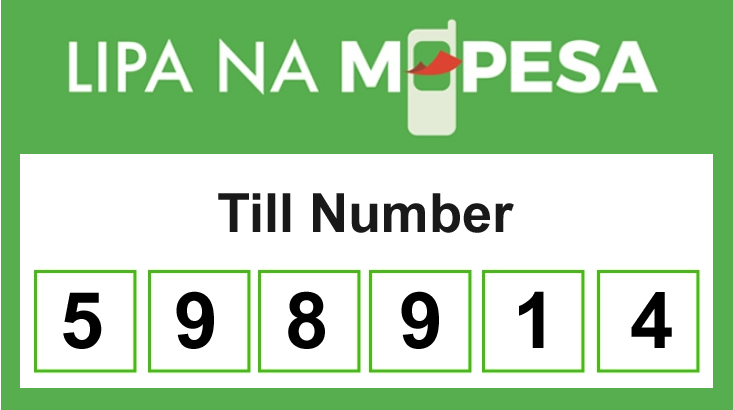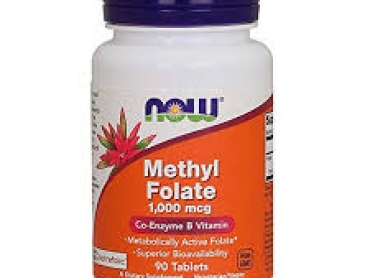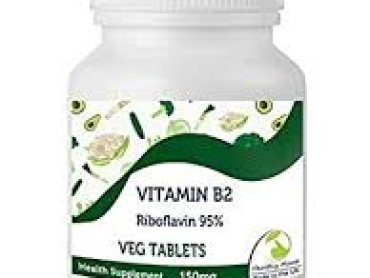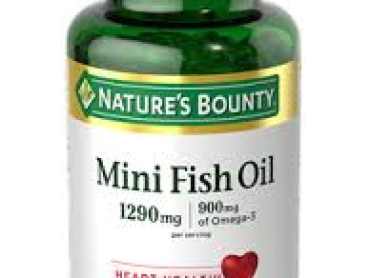Generally Magnesium is an essential mineral. Magnesium-rich foods include:
• Dark leafy greens
• Seeds and nuts
• Squash, broccoli, and other vegetables
• Legumes
• Dairy products
• Meat
• Unprocessed whole grains
• Chocolate
• Coffee
Deficiency Signs;
Firstly lack of magnesium may affect the following:
Secondly muscle function
Thirdly stress management
Additionally heart health.
Similarly blood pressure
Finally bowel regularity
What happens if I consume too much magnesium?
Taking high doses of magnesium of more than 400mg a day for short periods can lead to diarrhoea, according to the NHS. This means you should be careful about how much you consume from supplements.
When should I take a magnesium supplement?
If you eat a balanced diet with a wide range of foods every day, you should get all the magnesium you need. However, you can take it as a supplement if you think you’re lacking or deficient.
Should children take it?
Children should be able to get all the magnesium they need from their diets.
What are the potential benefits of its supplements?
As its important for a healthy nervous system, low levels may be linked to the development of migraine. A 2012 study in Journal of Neural Transmission found that up to half of people with migraine were deficient in the mineral.
In fact it’s thought its deficiency impacts bone cells and crystal formation, and increases inflammation.
Which magnesium supplement is best for me?
- Tablets: Quick, easy and usually the most cost effective, taking its tablets is the most common way to supplement magnesium.
Spray: Using a spray is a great alternative to tablets if you struggle to swallow them or just straight up say no to popping the pills! A lot of people use its spray for sleep enhancement as it tends to be absorbed faster than a lot of other supplements so you can have a spritz or two before bed to see if it works for you.
- Drinks: Another way to get it is by drinking it. it bypasses the digestive system and goes straight to work in your bloodstream.
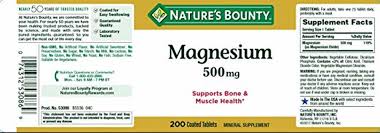
What about magnesium bath salts?
Magnesium flakes (magnesium chloride) and Epsom salts (magnesium sulphate) are known bath-time favourites.
It is claimed that its flakes elevate cellular magnesium levels when exposed to our skin. This allows its compounds to break bonds and travel through the pores into the dermal layers and ultimately the bloodstream.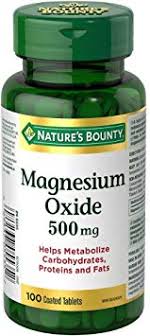
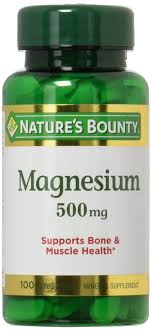
When is the best time to take it?
Okay, it doesn’t really matter what time you take its supplements, unless you plan on using them to help you sleep. Take it 1-2 hours before going to bed if you want to use it as a sleep aid.
However, make sure you take magnesium supplements with a meal. Due to its laxative effects, you should avoid taking it on an empty stomach or in-between meals or you may have some tummy troubles.
Simple ways to increase your intake
Generally it is found in leafy green veggies and whole grains. Similarly in nuts, beans and legumes.
The following people should consult with a physician before using a its supplement:
• Women who are pregnant or breast feeding
• If you have bleeding disorders
• People with heart block
• And finally those with kidney problems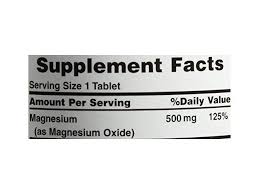
Interactions
• Antacids
• Also antibiotics
Anticoagulant medications
• Biphosphonates
Digoxin
• Gabapentin
• Medications for diabetes
High blood pressure medication
• Muscle relaxants
• Water pills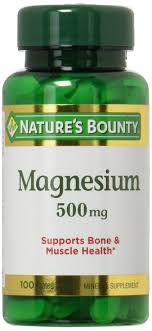
Herbs and supplements that work to reduce blood clotting, including:
• Angelica
• Clone
Danshen
Garlic
• Ginger
• Glucosamine
Panax ginseng

